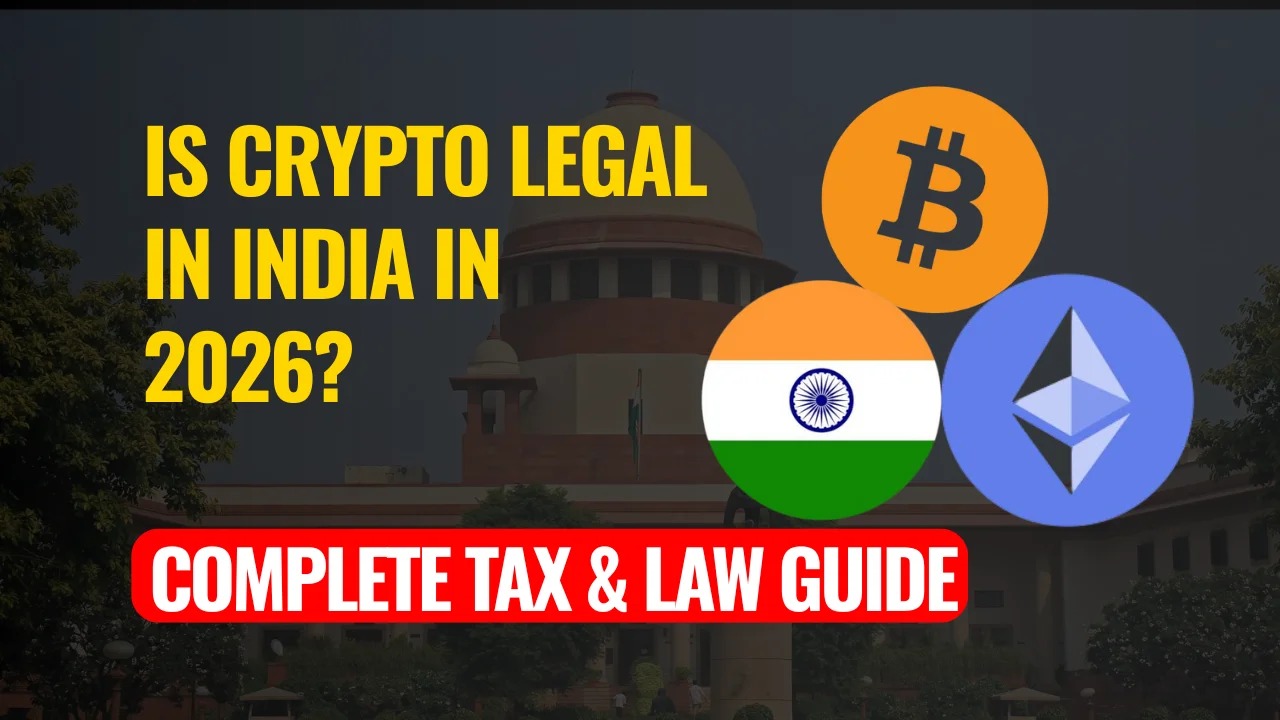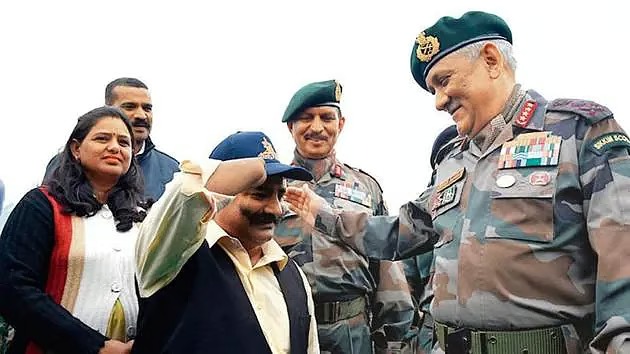Heard the parties.
Petitioners have prayed for following reliefs:-
I. “To set aside the impugned order dated 28.02.2020 passed by the Central Administrative Tribunal, Patna, Bench, Patna in O.A.
No.50/00054/2020 whereby and whereunder the original application has been dismissed which is without application of judicious mind and without
considering the law laid down by Hon’ble Apex Court that the reservation should not be more than 50% held in catena of judgment which will be
produced at the time of argument of this case.
II Further for quashing the impugned memorandum in part dated 28.10.2019 Additional Item-16, in minutes of meeting held on 27.07.2019 issued by
the pan and signature of Prof. Randeep Guleria, Director & Member Secretary which is contrary to the provision of Article 14 and 16 of the
Constitution of India and also contrary to the law laid down by the Hon’ble Apex Court in catena of judgment as such the impugned Additional
Item of Memorandum is not sustainable in the eye of law and fit to be set-aside.
III Further for setting aside the part of impugned advertisement no.13562/ Nursing Officer/2019 along with corrigendum dated 15.01.2020 issued by
pan and signature of Deputy Director (Admn.), All India Institute Medical Science Patna. So far as 80% reservation for female category for the post
of Nursing Officer (Staff Nursing Gr.II) and inserting skill test besides written test erroneously in the selection procedure without disclosing the marks
of written test & skill test which is bad in law and fit to be set aside.
IV. Further during pendency of this writ petition the further process of selection may be stayed.
V. To grant any other relief(s) for which the petitioners are entitled to get in the eye of law.â€
Briefly stated the facts of the case is that an advertisement was issued by All India Institute of Medical Sciences, Patna by which applications were
invited for direct recruitment on the post of Nursing Officer (Staff Nurse Grade- II) for hospital services. In said advertisement, 80% of the posts
were earmarked for female candidates and 20% of the posts were earmarked for male candidates. 80% of the vacancies for female candidates were
approved by the governing body of the All India Institute of Medical Sciences. The relevant part is abstracted below:-
“The CIB discussed on the issue of appropriateness and requirement of female nursing staff in a number of departments/specialised ward vis-à -
vis patient comfort and care. Keeping this in view, it was decided that 80% of posts may be reserved for female nursing staff while the remaining
20% posts may be filled by male nursing staff.â€
Applicants had challenged earmarking of 80% of posts for female candidates by filing O.A. in the CAT, Patna on the ground that same is violative of
right to equality under Articles 14, 15 and 16 of the Constitution of India and more than 50% of posts cannot be earmarked for female.
The counsel representing the Union of India and AIIMS, Patna stated before Tribunal that it is not a reservation within meaning of Article 16(4) of the
Constitution and it is a case of reasonable classification to achieve a specific objective for providing care and comfort in specialized ward and such
classification is permissible under Article 14 of Constitution of India. It is a policy decision of the apex body of AIIMS which decided to recruit and fill
up vacancies by more female nursing officers than male nursing officers in all AIIMS uniformly for hospital services.
The tribunal held that Article 14 of Constitution of India prohibits class legislation but permits reasonable classification, depending upon the objective
and purpose of the State action and same is permissible and further held that objective of providing comfort and care in specialized wards by
earmarking of 80% of vacancies for female nurses is neither discriminatory, unreasonable, unfair nor arbitrary classification and dismissed the
application by impugned order.
The Apex Court in a case of Govt of Andhra Pradesh Vs. P.B. Vijaykumar and Ors. since reported in AIR 1995 SSC 164 8has held in paragraph 7
as under:-
“7. The insertion of Clause (3) of Article 15 in relation to women is a recognition of the fact that for centuries, women of this country have been
socially and economically handicapped. As a result, they are unable to participate in the socio-economic activities of the nation on a footing of equality.
It is in order to eliminate this socio-economic backwardness of women and to empower them in a manner that would bring about effective equality
between men and women that Article 15(3) is placed in Article 15. Its object is to strengthen and improve the status of women. An important limb of
this concept of gender equality is creating job opportunities for women. To say that under Article 15(3), job opportunities for women cannot be created
would be to cut at the very root of the underlying inspiration behind this Article. Making special provisions for women in respect of employment or
posts under the State is an integral part of Article 15(3). This power conferred under Article 15(3) is not whittled down in any manner by Article 16.â€
The Apex Court in the case of Toguru Sudhakar Reddy and Ors. Vs. The Govt. of Andhra Pradesh and Ors. since reported in AIR 1994 SC 54 4has
held that reservation in excess of 50% is permissible and relevant paragraph no.3 of which is reproduced below:-
“3. The High Court rejected the main contention of the appellants-petitioners on the reasoning that Article 15(3) of the Constitution of India permits
the making of special provisions for women. The High Court went into the scheme of the Andhra Pradesh Cooperative Societies Act, 1964 in detail
and came to the conclusion that impugned provisions were not arbitrary. The High Court further rejected the contention that reservation beyond 50%
was not permissible. The High Court rightly held that the ratio in Balaji 's case was only confined to the reservations under Articles 15(4)' and 16(4) of
the Constitution of India.â€
The Apex Court in the case of Union of India Vs. K. P. Prabhakaran since reported in 1997 (11) SSC 635 has upheld 100% reservation in favour of
women to be permissible.
The Apex Court in case of Vijay Lakshmi Vs. Punjab University and Ors. since reported in AIR 2003 SSC 333 1has held in paragraph no.5 is as
under:-
“5. In the light of the aforesaid principles, on the concept of equality enshrined in the Constitution, it can be stated that there could be classification
between male and female for certain posts. Such classification cannot be said to be arbitrary or unjustified. If separate colleges or schools for girls are
justifiable, rules providing appointment of lady principal or teacher would also be justified. The object sought to be achieved is a precautionary,
preventive and protective measure based on public morals and particularly in view of the young age of the girl students to be taught. One may believe
in absolute freedom, one may not believe in such freedom but in such case when a policy decision is taken by the State and rules are framed
accordingly, it cannot be termed to be arbitrary or unjustified. Hence, it would be difficult to hold that rules empowering the authority to appoint only a
lady Principal or a lady teacher or a lady doctor or a woman Superintendent are violative of Articles 14 or 16 of the Constitution.â€
Above judgment also refers to a judgment of Bombay High Court with approval rendered in Dattatrya Motiram More Vs. State of Bombay since
reported in AIR 1953 Bom 311 in which the Court held as under:-
... Article 15(3) is obviously a proviso to Article 15(1) and proper effect must be given to the proviso. It is true that in construing a proviso one must
not nullify the section itself. A proviso merely carves out something from the section itself but it does not and cannot destroy the whole section. The
proper way to construe Article 15(3), in our opinion, is that whereas under Article 15(1) discrimination in favour of men only on the ground of sex is
not permissible, by reason of Article 15(3) discrimination in favour of women is permissible, and when the State does discriminate in favour of women,
it does not offend against Article 15(1). Therefore, as a result of the joint operation of Article 15(1) and Article 15(3) the State may discriminate in
favour of women against men, but it may not discriminate in favour of men against women...
After hearing the counsel for the petitioner and counsel for the Union of India as well as AIIMS and perusing the order as impugned, this Court does
not find any error or infirmity in the order passed by the tribunal requiring any interference by this Court in its writ jurisdiction, accordingly, this writ
petition is dismissed.

